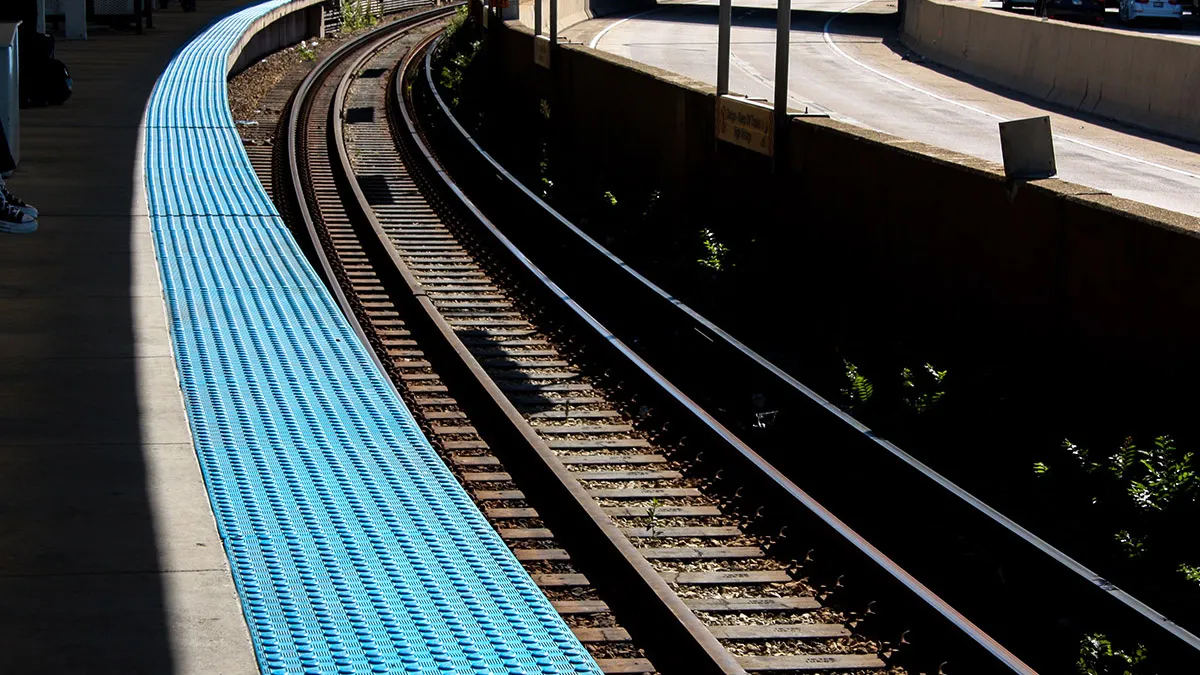Copyright chicagoreader

Sleepless in Springfield State lawmakers capped off the 2025 legislative year with a predawn vote on a $1.5 billion proposal to fund Chicago-area public transportation. Senate Bill 2111, given final approval by the Illinois General Assembly around 4 AM on October 31, seeks to divert state sales tax revenue on gas purchases and interest accrued by the state’s Road Fund to local transit agencies. It would also replace the Regional Transportation Authority (RTA)—which oversees the Chicago Transit Authority (CTA), Metra, and Pace—with an overhauled leadership structure under the newly created Northern Illinois Transit Authority. The RTA, CTA, Metra, and Pace together face a $230 million shortfall in 2026 thanks to expiring federal pandemic relief money. Local officials and public transportation advocates warned for months that passengers could be slapped with drastic rate hikes and service cuts if lawmakers failed to help transit agencies bridge the gap. Lawmakers, on the other hand, including lead sponsor Senator Ram Villivalam, repeatedly cautioned that there would be “no funding without reform.” The various interested parties—policymakers, advocacy groups, the governor’s office, and labor unions—negotiated throughout the spring and down to the final moments of the fall veto session, which was slated to end on October 30. Separately, state lawmakers passed a bill that would prohibit federal agents from making civil immigration arrests in state courthouses and allow Illinoisans to sue officers who violate their due process rights. A wide-ranging energy reform package approved by both chambers would lift a longstanding moratorium on large-scale nuclear power and enact new government incentives for battery storage projects. And an amendment to the Clean Slate Act would automatically seal certain low-level criminal convictions. All are awaiting Governor J.B. Pritzker’s signature as of press time. The price of connection The Illinois Department of Corrections (IDOC) announced the agency is piloting a new program to provide every person incarcerated in the state with access to free phone calls each month. The so-called “Voices of Connection” initiative rolled out on November 3 and grants Illinois prisoners 775 free minutes of domestic phone calls per month, worth about $6.20, according to a press release. A local phone call to a person in an Illinois prison costs about $0.01 per minute. The change comes on the heels of an October 28 decision by the Federal Communications Commission, under pressure from companies and corrections officials, to increase the nationwide rate caps for phone and video calls by as much as 83 percent. Phone calls are just one of the many services prison systems nationwide have outsourced at the expense of incarcerated people and their loved ones. Everything from health care to food is now handled by private companies. Another service IDOC is hoping to soon make permanent is universal mail scanning. On November 4, the Joint Committee on Administrative Rules (JCAR) held a hearing on proposed rules that seek to generally ban paper mail into state prisons. The rulemaking body previously objected to a similar emergency proposal, though the decision did not block the rule from taking effect through January. IDOC could, however, be barred from scanning mail if JCAR fails to approve the agency’s proposed permanent mail-scanning guidelines by December. Behind closed doors Chicago inspector general Deborah Witzburg is urging Mayor Brandon Johnson’s office to “take appropriate steps to ensure that City premises are made available” to investigators, according to an official advisory sent to the mayor’s office on September 24. It comes after the Office of Inspector General (OIG) claims it was twice obstructed from inspecting government property. A report published by OIG on November 4 details two separate instances in which investigators were prevented from making unannounced inspections. The first, a surprise audit of the mayor’s “gift room” last fall, was detailed in an earlier OIG publication and covered by multiple media outlets. In February, the mayor’s office published a short video of the room, but the OIG now claims the room shown in the video wasn’t even set up until after investigators tried to inspect it. The second “thwarted unannounced inspection” occurred in July, according to OIG. An attorney with the city’s Department of Law allegedly instructed a city employee not to allow investigators into an office “to search for items which OIG believed were being stored there in violation of City policy.” Investigators returned several weeks later, accompanied by the law department, and “confirmed the presence of those items in the office.” Johnson’s chief of staff, Cristina Pacione-Zayas, argued in a response dated October 31 that “the actions of the Mayor’s Office do not reflect obstruction.” In defense, Pacione-Zayas cited an unrelated provision of OIG’s rules and pointed to “evolving interpretations of the City’s Governmental Ethics Ordinance.” Johnson’s office seemingly did not commit to enacting any of Witzburg’s recommendations.



